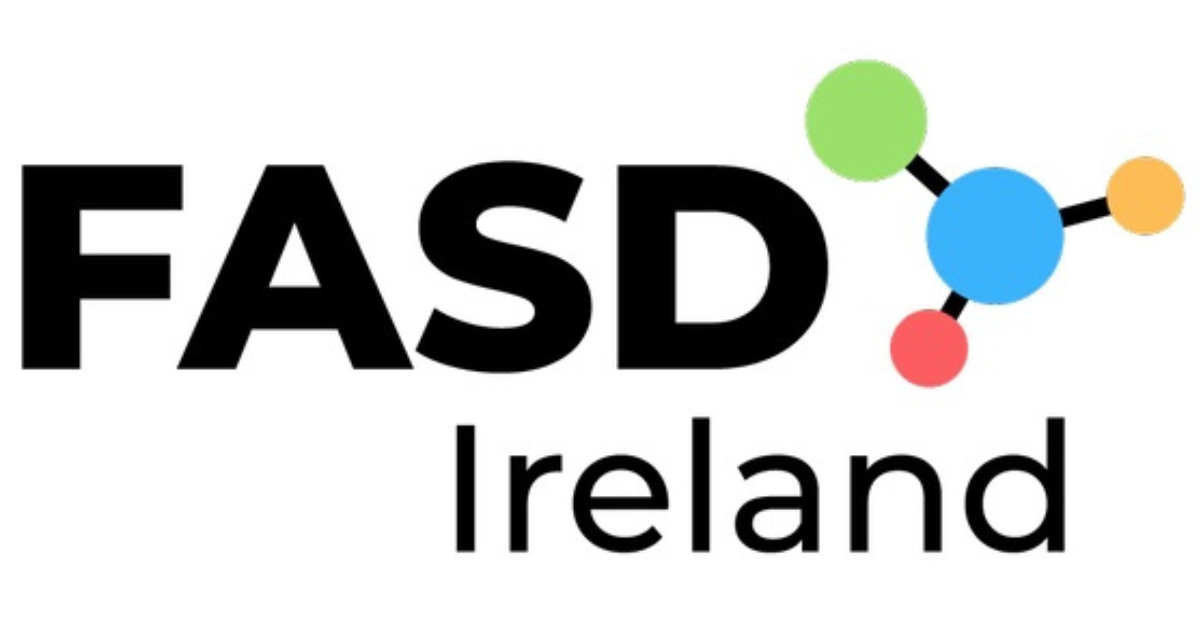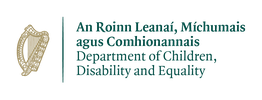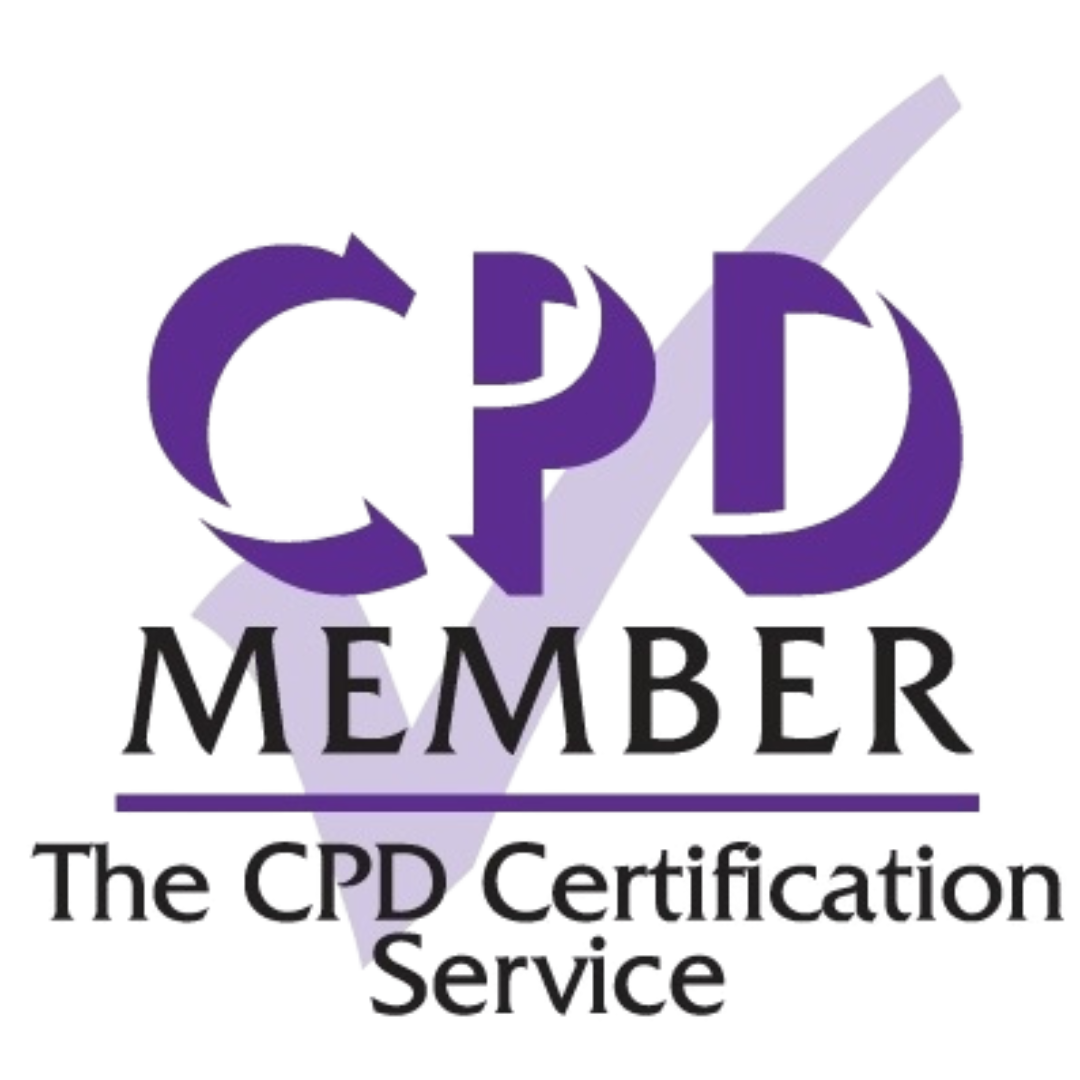Justice and Legal

1. Individuals with foetal alcohol spectrum disorder (FASD) are between 19 and 40 times more likely to be imprisoned than neurotypical individuals.
2. FASD is an outcome of alcohol consumption during pregnancy. The consumed alcohol can potentially damage the unborn child's brain leading to psychological vulnerabilities.
3. The psychological vulnerabilities that could impact the testimonies of individuals with FASD during police interviews include, but are not limited to, suggestibility and compliance. These can lead to false confessions."
"Is it incredible that individuals who are innocent can confess to a crime? This is not a new phenomenon; it is as old as man. Aside duress, one almost neglected reason for this is psychological vulnerabilities. Psychological vulnerabilities are characteristics or mental states which render a suspect, victim or witness of crime prone, in certain circumstances, to providing information, which is inaccurate, unreliable or misleading (Gisli Gudjonsson).
Confabulation
FASD and other disorders characterised by memory deficits often co-occur with confabulation issues. Confabulation occurs when new memories are created by filling gaps in recall with one's real memories, imagination or environmental cues. Incidents of confabulation may occur spontaneously or be prompted. For example, confabulation is particularly likely in situations in which law enforcement (ie: Garda Síochána) ask leading questions or pressure the interviewee. As such confabulation can contribute to inaccurate self-reports by the individual, resulting in possible charges or conviction. It is fundamentally important that an individual living with FASD discloses to law enforcement that they have a diagnosis of FASD as soon as possible, and that an appropriate adult (parent/carer/social worker/solicitor) is requested/provided and in attendance before any interview takes place.
Agencies that can help with Legal challenges
We recognise and understand that from time to time, individuals, parents and carers will need to seek legal advice.
Here are a selection of organisations that we believe may be able to provide legal advice and guidance in the first instance:

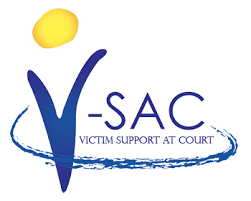
Victim Support at Court - V-SAC
If you are required to appear in court as a victim or a witness and feel as though you may find this difficult.
V-SAC is an organisation that offer emotional support and provide information before the trial.
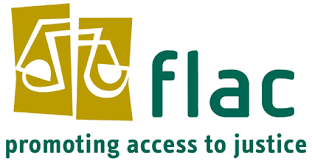
Free Legal Advice Centres - FLAC
Flac is an independent voluntary organisation promoting equal access to justice by providing advice and information for everyone while analysing and advocating in hopes to benefit the public.
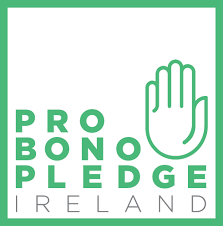
Pro Bono Pledge Ireland
The Pro Bono Pledge is a Pledge ran by Flac. It’s aims are to provide pro bono cases for people
who wish to avail of this service in Ireland.

The Legal Aid Board
The Legal Aid Board does not provide Criminal legal aid. The Legal Aid Board provides civil legal advice and representation
in court for people that cannot afford to pay a solicitor privately. Examples to civil aid include:
-Family Disputes.
-Actions by Tusla to take your children into care.
-Claims for damages as a result of injuries which have been caused to you.
-Disputes with your employer.

Community Law & Mediation (CLM)
Community Law & Mediation (CLM) is a community-based, independent law centre and charity operating in two locations: Dublin and Limerick. CLM was founded in 1975 and assists more than 4,800 people annually through their services, which include free legal advice and information; education; and mediation and conflict coaching. In doing so, CLM addresses underlying issues of injustice and exclusion while working for real change.
